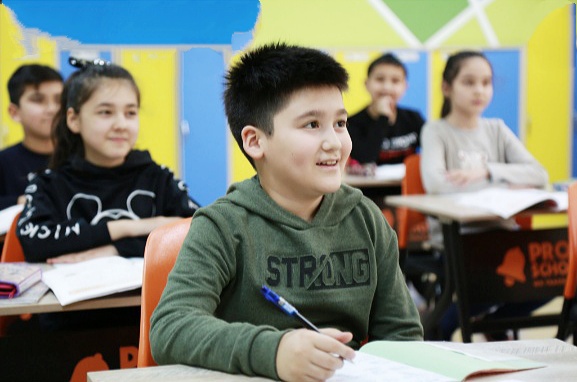What are Pronominal Adjective? And How to Use Them?

All adjectives change nouns. Words that describe a person's appearance, features, numbers, or other identifying features are usually adjectives for a place, thing, or idea. In most cases in the English language, adjectives appear directly before their described nouns. An adjective rarely appears on its own, but without any noun present.
Replaces pronoun nouns. Typically, the main noun discussed in everyday English speech or writing is mentioned earlier in the discussion, which provides the necessary context for the pronouns used later. Replacing a particular noun with a pronoun helps reduce repetition, creating a smooth flow of speech or writing.
A pronominal adjective reduces redundancy in the same way as a pronoun, but instead of replacing a repetitive noun, it usually replaces a given word or phrase. For example, instead of saying "that cat," one might say "the orange cat." The "that" in "that cat" is a pronominal adjective. Pronominal adjectives modify nouns by assigning specific nouns to the question, so they are also sometimes referred to as adjective determinants.
In most cases, the pronominal adjective used is with the noun that changes it. In the sentence "This is his book," the word "this" is a pronoun because it serves as the content of the sentence and replaces any noun phrase referring to the particular book in question. On the other hand, in the sentence "this book is his", the word "this" is a pronominal adjective because it corrects and determines the content "book".
These adjectives and nouns that they change must also agree on the number. A singular noun requires a singular pronominal adjective and a plural noun requires a plural adjective. For example, writing "this mobile" and "these pens" are both correct. Writing "these mobile" or "this pens" is incorrect.
There are several subcategories for further classification of pronominal adjectives. Demonstrative pronominal adjectives — "this," "that," "these", and "those" — point to a specific object. Relative pronominal adjectives — "which" and "what" — identify an object related to another object. Distributive pronominal adjectives — "each," "every," "either" and "neither" — modify individual and singularly distributed nouns. Many linguists use additional subcategories.
Examples of Pronominal Adjective
- This book and pen are huge.
- Both players are very good.
- Other countries city.
- Which painting is a metaphor.
- That new studio in Texas.
- The same children.
- Such happy feelings.
- What images are these?
- The women brought their tools.
- The student donated his books to the bookstore.
- Several students wrote about their adventures in the jungles.
- Neither of the girls was willing to lend his bike.
- Do you think students will come up with their drawings?
- Alex and Chery promised us their assistance.
- We hope they complete their thriller writing.
- Can you give me your story book?
- The hens flew back to their nest.
- The villagers are building their houses.
- This task is very difficult.
- This is a very difficult task.
- All seemed satisfied with his explanation.
- What topic preparations have been made?
- This is what you are looking for here.
- This brand is what you are looking for here.
How Are Pronominal Adjectives Used
Pronominal adjectives are adjectives that can be used as pronouns.1. Demonstrative adjectives- this, that, these, and those.
Examples:
- this classroom
- that old song
- these new sites
- those mobiles
2. Possessive adjectives- my, our, your, his, her, its, and their.
Examples:
- my success history
- their responsibility
- its nature
- his bast classmate
- your idea is fine
- our grandfather
3. Distributive adjectives- each, every, either, and neither.
Examples:
- every attempt
- either learner
- each new question
- neither new pen
Examples:
- which new question
- what ghost stories
- whose English book
5. Indefinite adjectives- some, any, all, few, several, many both, little, much, more, and most.
Examples:
- some answers now
- all assumptions
- several patterns
- both new schools



















